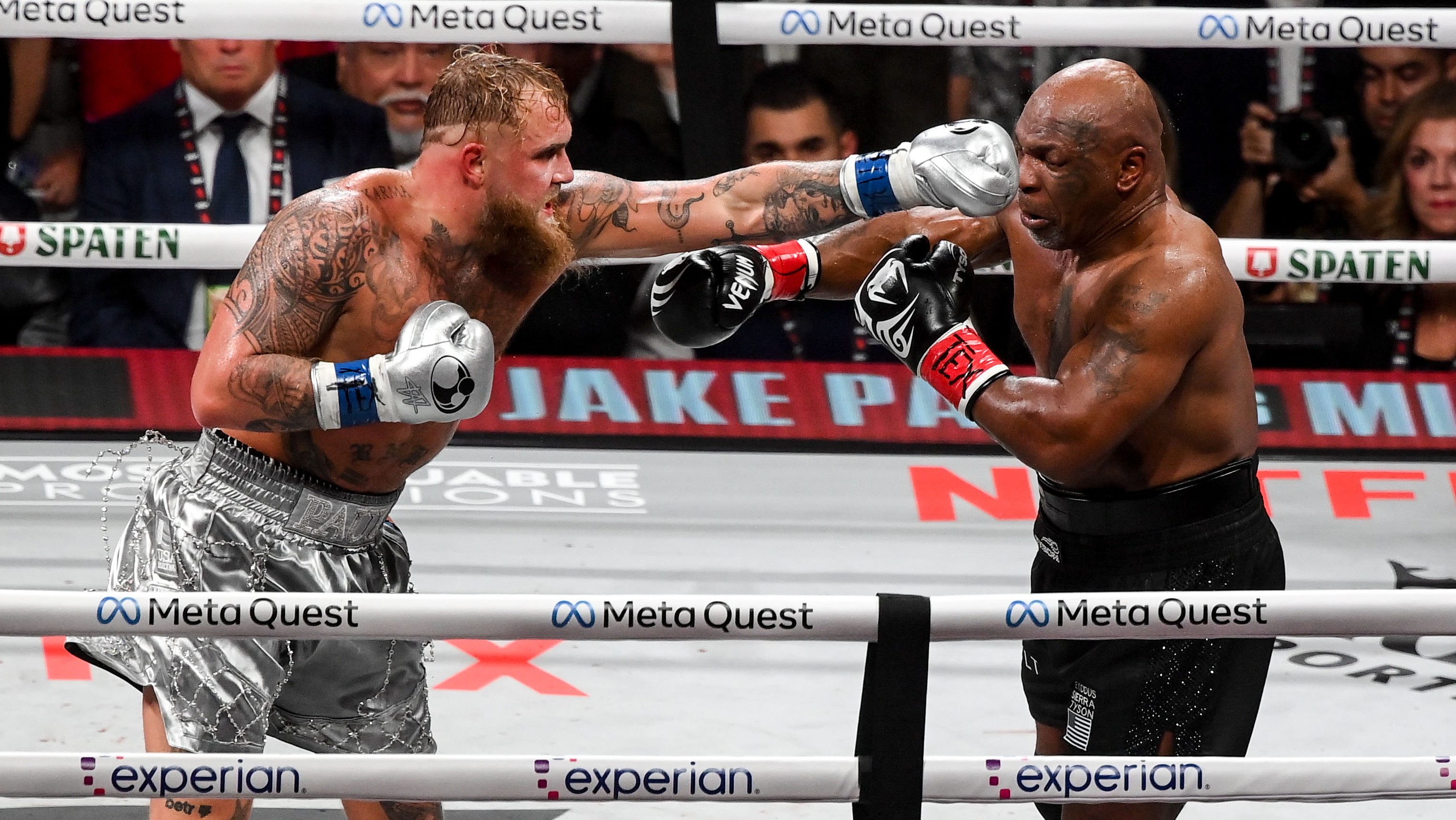Reigning world champion Caroline Marks surfed to a gold medal Monday in waters off the coast of Teahupo'o, Tahiti, triumphing over Brazilian Tatiana Weston-Webb following days of weather delays.
The 2024 Olympics are the 22-year-old Marks' second, having previously competed in Tokyo, where she finished off the podium. This is her first medal.
Weston-Webb will go home with a silver medal, and France's Johanne Defay the bronze.
Marks, who hails from Melbourne Beach, Florida and now lives in San Clemente, California, shared her excitement before the final round, already knowing she'd be going home with a medal -- the only question remaining what color.
"I’m so happy. It feels so good … I was really emotional about not medalling in Tokyo, so I’m going to stop talking now because I’ll get emotional now that I know I’m going to get one," Marks said to Olympics. com after advancing to the gold medal final. "I sliced my foot a few times on the reef, so I’m glad it worked out. I’m just so happy. Best feeling ever — such a big heat. I’ve had some big moments in my career and that win felt pretty big. Stoked I got the score."
Paris 2024 Summer Olympics and Paralympics
Watch all the action from the Paris Olympic and Paralympic Games live on Peacock
Marks won with a score of 10.50. Weston-Webb placed second with a 10.33 and Defay third with a 12.66.
Where was Olympic surfing held?
The surfing competitions were held thousands of miles away from Paris in Teahupo'o, Tahiti. Tahiti is part of French Polynesia, which is a semi-autonomous territory of France.
How does scoring work in Olympic surfing?
Surfing features a panel of five judges who score an athlete's wave ride on a scale from 1-10 in 0.01 increments. For each wave ride, the highest and lowest scores are thrown out. The average of the three remaining scores gives an athlete their total for that single ride.
A surfer's two best rides are then added together to reach a final score.




